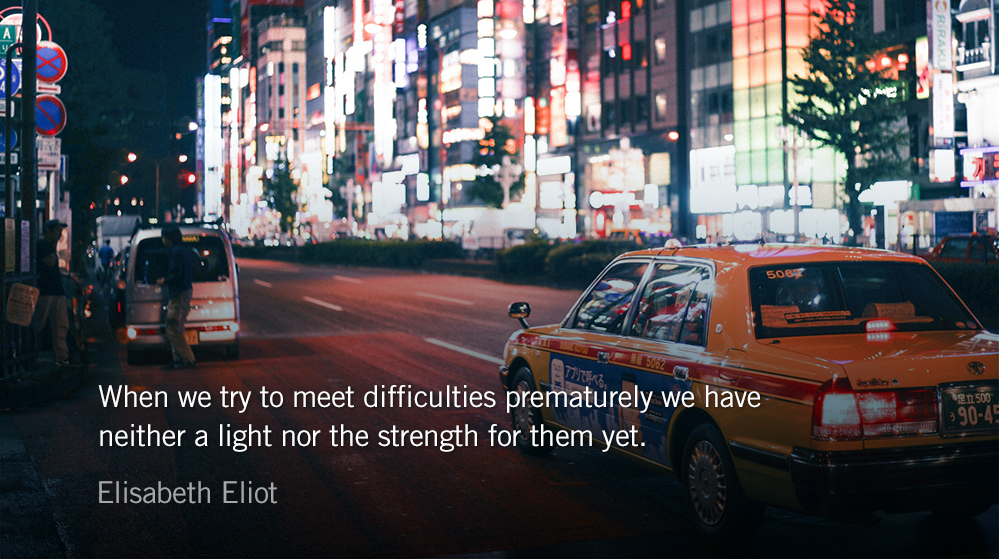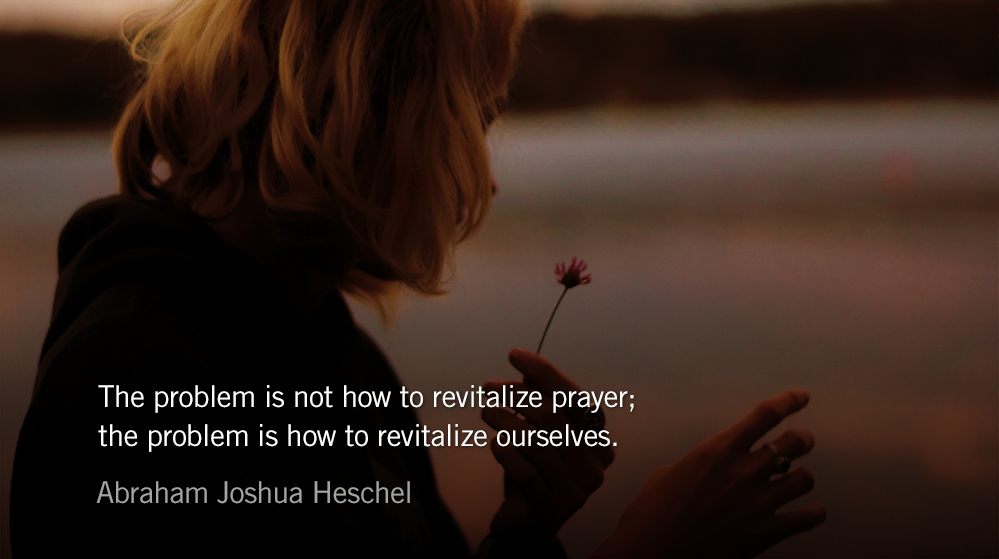By Father Richard Rohr:
Moralism (as opposed to healthy morality) is the reliance on largely arbitrary purity codes, needed rituals, and dutiful “requirements” that are framed as prerequisites for enlightenment. Every group and individual usually begins this way, and I guess it is understandable.
People look for something visible, seemingly demanding, and socially affirming to do or not do rather than undergo a radical transformation of the mind and heart. It is no wonder that Jesus so strongly warns against public prayer, public acts of generosity, and visible fasting in his Sermon on the Mount (Matthew 6:1-18). Yet that is what we still do!
Any external behavior that puts you on moral high ground is always dangerous to the ego because, as Jesus says, “you have received your reward” (Matthew 6:2). Moralism and ritualism allow you to be independently “good” without the love and mercy of God and without being of service to anybody else for that matter. That’s a far cry from the full and final participation we see Jesus offering or any outpouring love of the Trinity.
Our carrot-on-the-stick approach to religion is revealed by the fact that one is never quite pure enough, holy enough, or loyal enough for the presiding group. Obedience is normally a higher virtue than love. This process of “sin management” has kept us clergy in business. There are always outsiders to be kept outside.
Hiding around the edges of this search for moral purity are evils that we have readily overlooked: slavery, sexism, wholesale classism, greed, pedophilia, national conquest, gay oppression, and the oppression of native cultures. Almost all wars were fought with the full blessing of Christians. We have, as a result, what some cynically call “churchianity” or “civil religion” rather than deep or transformative Christianity.
The good news of an incarnational religion, a Spirit-based morality, is that you are not motivated by any outside reward or punishment but actually by participating in the Mystery itself. Carrots are neither needed nor helpful. “It is God, who for [God’s] own loving purpose, puts both the will and the action into you” (see Philippians 2:13). It is not mere rule-following behavior but your actual identity that is radically changing you.
Henceforth, you do things because they are true, not because you have to or you are afraid of punishment. Now you are not so much driven from without (the false self method) but you are drawn from within (the True Self method). The generating motor is inside you now instead of a lure or a threat from outside.
*From Richard Rohr’s Meditation: Drawn from Within.
Today’s Reading
Malachi 3 (Listen – 3:13)
John 20 (Listen – 4:17)









